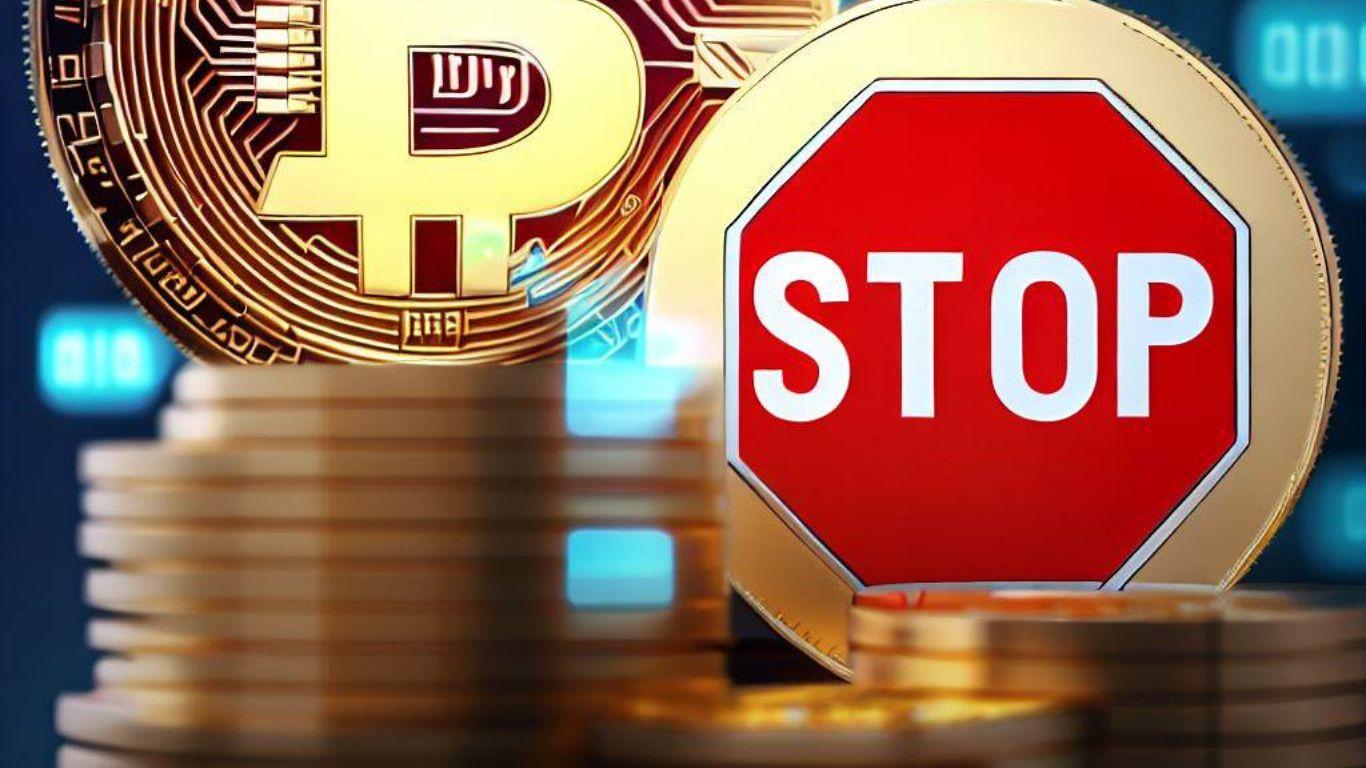
Binance, the renowned global cryptocurrency exchange, has encountered significant setbacks in Australia. Both a major Australian payments service and Westpac, one of the country’s largest banks, have severed ties with Binance. As a result, Binance’s Australian customers are unable to deposit or withdraw funds using certain methods. This article delves into the details surrounding these developments, examining the reasons behind the restrictions and their potential impact on the cryptocurrency landscape in Australia.
Binance Australia recently informed its customers that they can no longer deposit funds via PayID, a popular instant payment method. This sudden suspension of service, effective immediately, was due to a decision made by the exchange’s third-party service provider. While the spokesperson for Binance Australia assured users that they are actively seeking an alternative provider, no specific timeline has been provided for when normal operations will resume.
Cuscal, the payment provider for Binance, revealed that the suspension was a result of strict compliance requirements. Cuscal is committed to combatting scams and fraudulent activities in Australia, particularly within the realm of cryptocurrency. They emphasized their rigorous due diligence, onboarding, and compliance protocols for clients and their customers or merchants. Failure to meet these stringent requirements led to the termination of services by Cuscal. Their stance underscores the growing focus on regulatory compliance within the cryptocurrency industry.
In a similar vein, Westpac, one of the “big four” banks in Australia, announced that it would prevent its customers from transacting with several cryptocurrency exchanges, including Binance. This move aligns with Westpac’s efforts to enhance scam prevention measures. While the specific details of these measures have not been disclosed, other major banks are rumored to be considering similar actions. This collective response by banks suggests a growing concern within the financial sector regarding potential risks associated with cryptocurrencies.
The restrictions imposed on Binance by both a prominent payments service and a major bank have far-reaching implications for the exchange and the broader cryptocurrency industry in Australia. Binance, known for its extensive range of cryptocurrencies and global reach, must swiftly find alternative solutions to allow Australian users to deposit and withdraw funds seamlessly. Failure to do so may result in a significant loss of customers and reputational damage for the exchange.
These developments raise questions about the regulatory landscape for cryptocurrencies in Australia. While the government has made strides in establishing regulations to mitigate risks and protect consumers, incidents such as these underscore the need for continued scrutiny and oversight. The actions taken by payments services and banks reflect the evolving nature of cryptocurrency regulations and highlight the importance of compliance in this dynamic industry.
Binance Australia’s exclusion from a major payments service and the banning of its services by Westpac demonstrate the increasing scrutiny and caution surrounding cryptocurrencies in Australia. Compliance requirements, scam prevention measures, and concerns about potential risks have led to these restrictions. Binance must promptly find alternative providers to restore normal operations and regain the trust of its Australian customers. The situation also serves as a reminder of the ongoing need for regulatory oversight in the cryptocurrency space, as governments and financial institutions work to strike a balance between innovation and consumer protection.
For Binance, finding alternative providers quickly becomes crucial. The exchange must work diligently to restore normal operations and regain the trust of its Australian user base. Failure to do so may result in substantial customer loss and potential reputational damage.
Furthermore, the situation serves as a reminder that the cryptocurrency space is still navigating its way through a delicate balance between innovation and consumer protection. While cryptocurrencies offer numerous benefits, the risks associated with scams and fraudulent activities cannot be ignored. The actions taken by Cuscal and Westpac reflect a commitment to safeguarding customers and preventing potential financial losses.
Moving forward, it is essential for all stakeholders, including exchanges, financial institutions, regulators, and consumers, to collaborate and establish a robust framework that promotes innovation while ensuring a safe and secure environment for cryptocurrency transactions. Only through diligent compliance, continuous dialogue, and proactive measures can the full potential of cryptocurrencies be realized.




Get the latest Crypto & Blockchain News in your inbox.